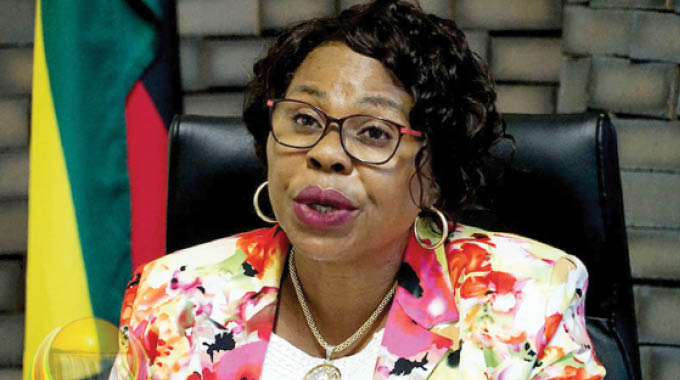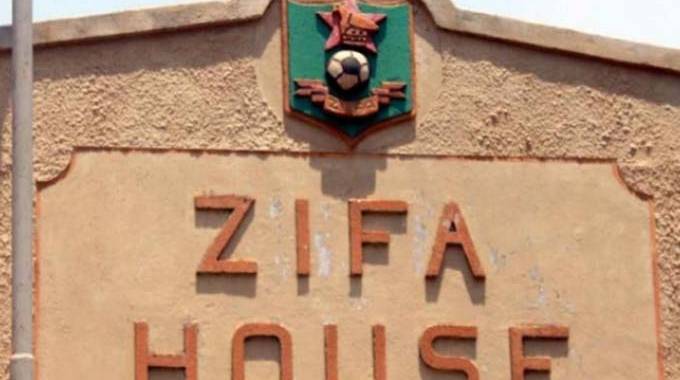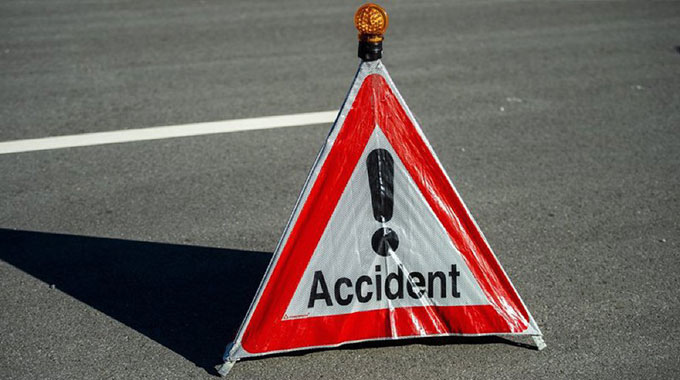‘Abuse of media leads to serious social problems’

Cletus Mushanawani, Harare Bureau
INFORMATION, Publicity and Broadcasting Services Minister Monica Mutsvangwa has said abuse of the media by practitioners has led to serious social and security problems for the country.
Presenting a lecture on the media as a double edged sword at the Zimbabwe National Defence University yesterday, Minister Mutsvangwa said Zimbabweans have social tensions due to irresponsible reporting from some sections of the media.
“Sadly, I have to admit that the media can be used to achieve the unparalleled negativity,” she said. “Abuse of the media by practitioners has led to serious social and security problems in the country.
“The dominant post imperial West has sought to reconquer Zimbabwe through control of its national mindset. The Zimbabwean Government, born of the democratic sacrifice of the majority, is given to resist. This is the foundation of the epic fight for the control of the media space.”
Minister Mutsvangwa urged the media not to abuse its watchdog role to settle political scores or pursue agendas on behalf of handlers.
“Recently, there was an unprovoked story comparing the military prowess of Zambia and Zimbabwe, attempting to analyse which country would be victorious if the two were to go to war,” she said.
“This unhealthy and provocative warmongering and agitation is irresponsible regardless of one’s view on free speech. There have also been a number of such stories which do not pay attention to diplomatic parlance which if taken at face value can cause security problems between countries. It is disappointing to note that due to the gullibility of some of our people, such stories are swallowed hook, line and sinker by some publics and further propagated to more readers.”
Minister Mutsvangwa said polarisation should not be used as an excuse by the media to abandon professionalism.
“They cannot be absolved from the production of politically aligned stories akin to political party publications,” she said. “If a publication is not a political mouthpiece, but a general public newspaper or broadcaster, it is critical that they stick to their expected public mandate and not become a mouthpiece of a political party.
“Media, which takes up a political mouthpiece role, usually ends up churning out negative propaganda some of which can become a national security concern. The media can indeed cause tribal tension within a country.
“Only recently, there have been quite a number of stories making false insinuations over Chief Ndiweni, with some sections of the media preferring to carry provocative and emotional, unbalanced stories, derelict of any professionalism.”
Minister Mutsvangwa said investing in the media was a way to avoid the fate that befell countries like Libya, Iraq, Syria and Afghanistan.
“If we mishandle our media affairs, it rebounds against us and the sword slays the owner,” she said. “If we lose vigilance, they take over the media space as a prelude to subjugation. You lose media guard and then the national mindset is lost to the enemy. You will create fertile conditions to tempt the enemy’s military intervention.
“Lose your pen, then very soon you will be forced to use your guns. The support of the national media has to be seen in the same light as investing in our defence and security apparatus.”
Turning to the social media, Minister Mutsvangwa urged Zimbabweans not to abuse it but harness whatever benefits that come with its use.
“Social media has since become the new mass communication platform in that its use is quite widespread with people of all ages starting to depend on it,” she said. “This has made it easier to communicate certain messages as my ministry is on a number of platforms which include Twitter and Facebook.
“Social media has also created new opportunities for business to reach out to its clients and get immediate response.”
Participants of the National Defence Course Number Eight are from Botswana, Malawi, Tanzania, Nigeria, Zambia, Ministries of Local Government and Foreign Affairs, President’s Department, Zimbabwe Republic Police and Zimbabwe Prisons and Correctional Services.











Comments